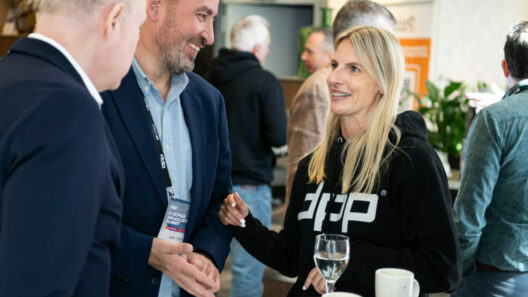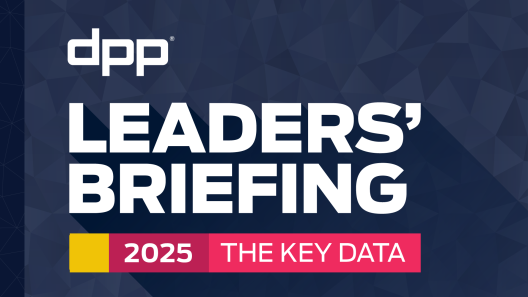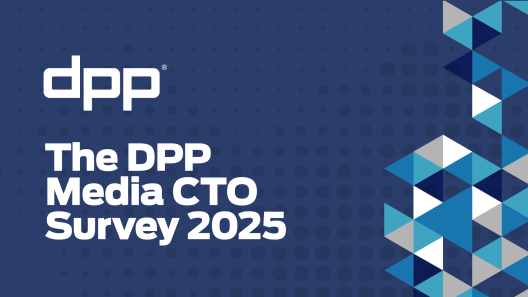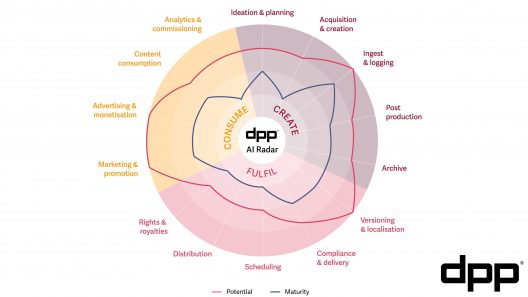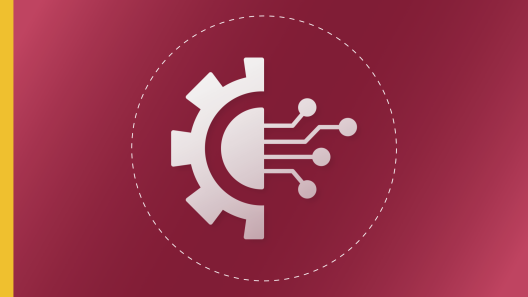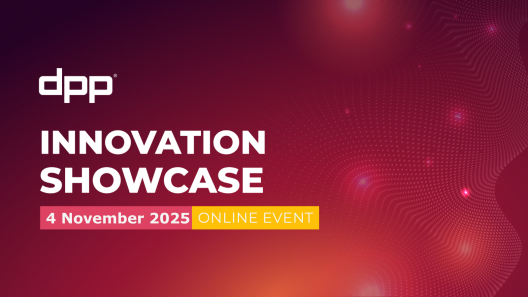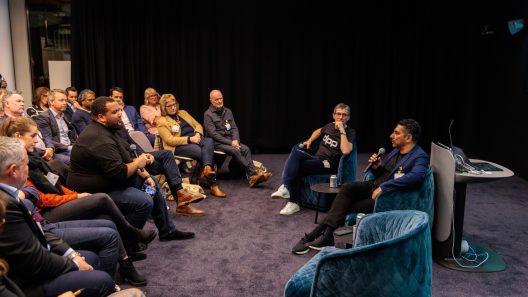As is the case across our planet, the media and broadcast world is continually focusing on the industry's environmental impact. At Red Bee Media, we have been on a sustainability journey for a number of years. A journey that evolves over time. The end-point may change. The milestones and waypoints may vary. There will be roadblocks and diversions to challenge us, and following winds to help us along.
Like any journey, we strive to control and influence as much as we can, and not leave much to chance. We power high numbers of equipment within our data centres to provide services for our customers and we have 2,000 employees based in our offices across the world. Specifically, we have focused on available data and what we can track, enabling us to set meaningful targets. Red Bee's sustainability goals for reducing greenhouse gas emissions focus primarily on three targets: reducing energy consumption, office waste, and business air travel.
Energy efficiency in an office environment
While we do our utmost to ensure our energy supplies are from green sources, it goes without saying that reducing the amount of energy consumed will have a positive impact on the carbon footprint. Over the past four years, we have continually reduced overall energy consumption by around 15% on average compared to the previous year. This has been done by modernising our infrastructure and operational platforms, consolidating our real estate footprint, and realising identified opportunities to reduce energy use and improve efficiency in our buildings. Clearly, this is not a linear transformation, and it is important to look at the overall trend over time, understand what can realistically be achieved and set targets with that in mind.
Sustainable Waste Management
General office waste is a challenge to measure because our offices and operations are in shared buildings or premises owned by other parties. The validity of the data can be limited, but we work closely with facilities management partners to extract any meaningful information. Despite the challenges around measurement, we have implemented several waste improvement initiatives, including better waste separation, removing plastic cups and cutlery from our premises, and introducing specialist recycling bins for items such as crisp packets. There is a growing increase in the amount of waste that is recycled or incinerated to produce energy, but we encourage a culture of "re-use" to reduce the amount of waste produced. Any electrical waste is disposed of in line with WEEE regulations.
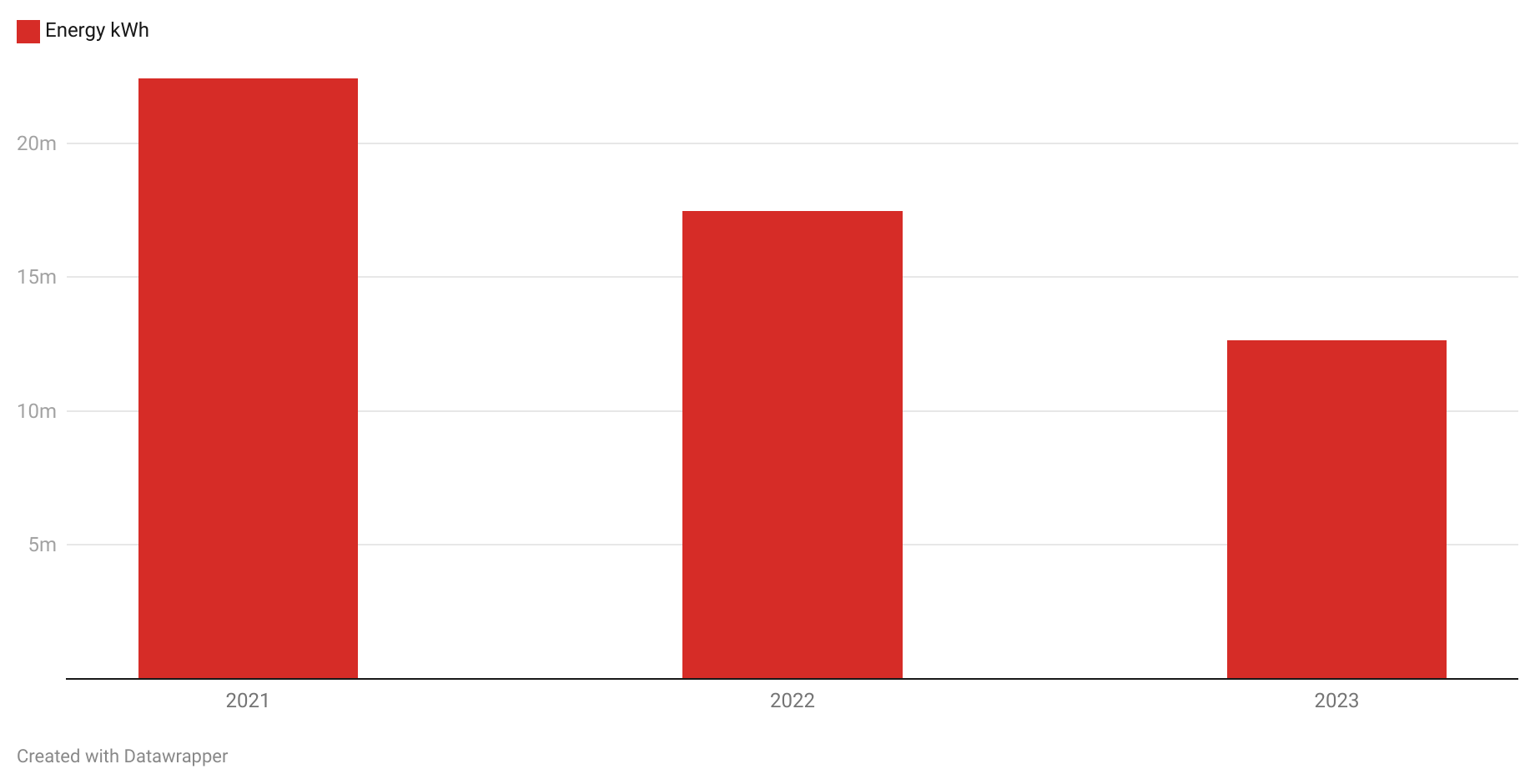
Cutting Corporate Travel Emissions
Red Bee has been driving air travel reduction for several years. The COVID-19 pandemic resulted in reduced corporate air travel, but even afterwards our air travel did not return to the pre-pandemic levels. Despite being a global company with seven worldwide hubs, we limit our business travel and encourage our employees to opt for virtual meetings and video conferences for both internal and external client meetings, rather than flying for physical meetings. This is one area where we have reconsidered our needs and implemented more aggressive goals which we have succeeded in achieving. We cut our business travel carbon emissions by at least 80% between 2019 and 2023.
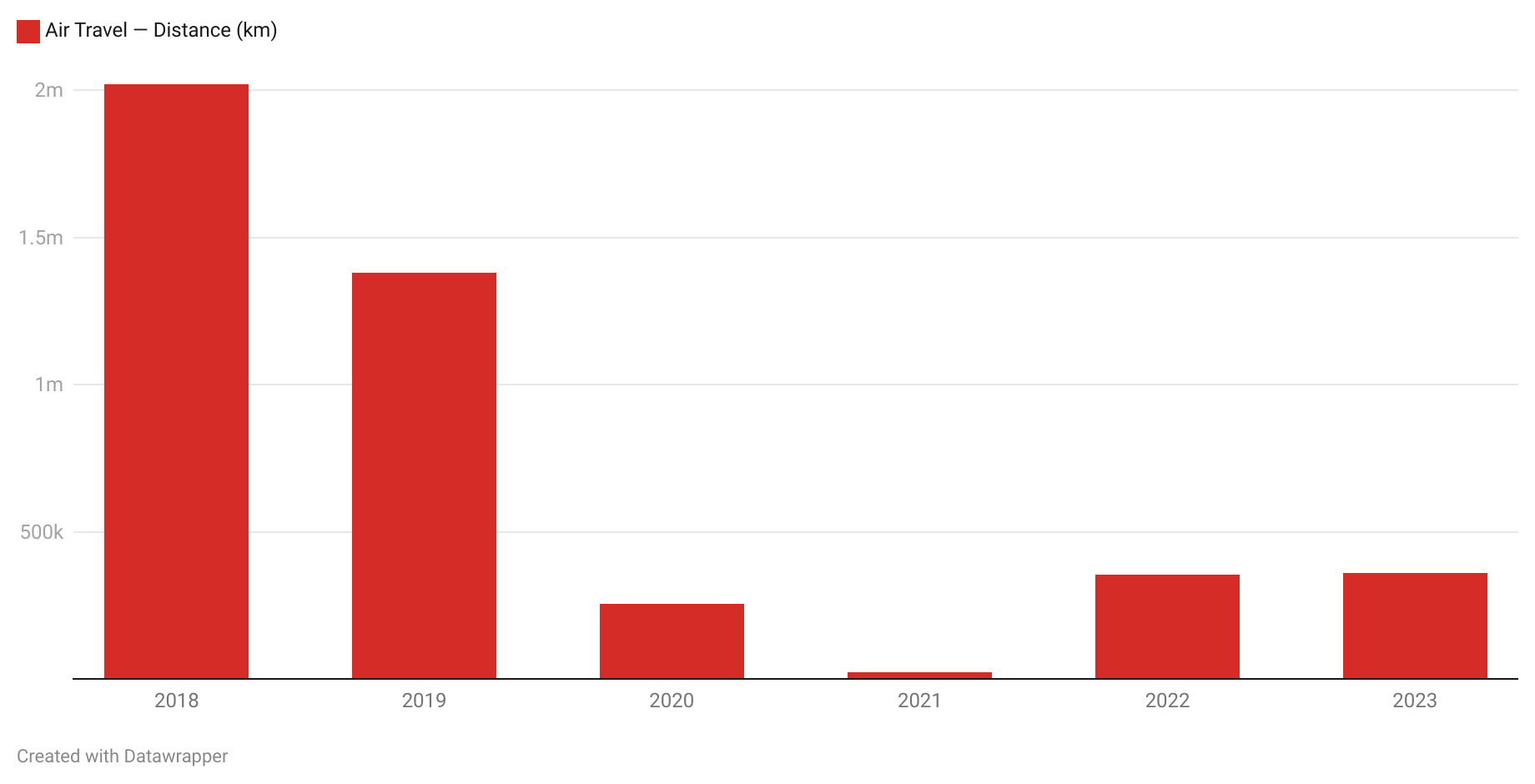
Green Bee Employee engagement initiative and supplier engagement
Within Red Bee, we have an employee-led sustainability initiative called Green Bee, promoting sustainability-related activities within the company. Green Bee is our means of engaging staff in our sustainability aspirations by creating a forum for ideas and opportunities and creating a culture of sustainability in our day-to-day work. We publish a regular newsletter with contributions from staff members, hold competitions such as a "plastic-free week challenge", and encourage local initiatives, such as adopting a local street and maintaining it litter free and tidy.
All of this is very inward-looking and focuses on our operations, processes, and people. Red Bee recognises the importance of looking beyond the company boundaries and collaborating with customers and suppliers. We continually challenge our suppliers to commit to our sustainability goals and work together with customers to align with initiatives and projects that strive for a more sustainable industry. Sustainability is one area where the model of a traditional customer/supplier relationship can be put aside in favour of a closer collaboration with common objectives. We are actively engaged with several of our customers in helping them to understand Red Bee's contribution to their overall carbon footprint as well as identifying green initiatives that we can progress jointly. Each of us brings to the table a variety of ideas and suggestions as to how we can improve our sustainability posture. In some cases, there are interdependencies between the respective organisations, so a collaborative approach to drive towards our shared goals is indeed a very positive one. As we mature in understanding our environmental impact, we increasingly look to better understand our Scope 3 Carbon Footprint, and that of the supply chain.
Tracking the carbon footprint
In 2022 we embarked on a project to better understand the carbon footprint of our UK operations in a more granular detail. We aimed to calculate our carbon footprint associated with different service offerings and on a customer-by-customer basis. By collecting energy consumption data across several premises, and analysing data from business travel, employees working remotely, and office spaces, we were able to create a model for reporting our carbon footprint on a detailed level. This was refreshed in 2023 with the latest data and will be updated in 2024. These reports will allow us to focus on carbon footprint reduction going forward.
Striving for a more sustainable industry future
Our sustainability journey has brought us a long way in a few years. From the initial steps of creating awareness, through understanding our starting position, defining targets and routes to measuring our progress throughout the years. We have a greater understanding of our environmental impact and how we can reduce it. We have developed a culture internally where sustainability is a core element of our business and introduced frameworks to measure supplier environmental performance. However, our journey does not stop here. We keep on progressing with setting ambitious targets, tracking milestones, and bringing our staff, customers, and suppliers on board. Our journey to make Red Bee Media and the broadcast and media business a truly environmentally friendly and increasingly green industry will continue to evolve.
Get involved
To find out more about the DPP Committed to Sustainability initiative, contact Abdul:
If your company is not a DPP member, you can learn more about the benefits of membership, or contact Michelle to discuss joining.
If your company is not a DPP member, you can learn more about the benefits of membership, or contact Michelle to discuss joining.




